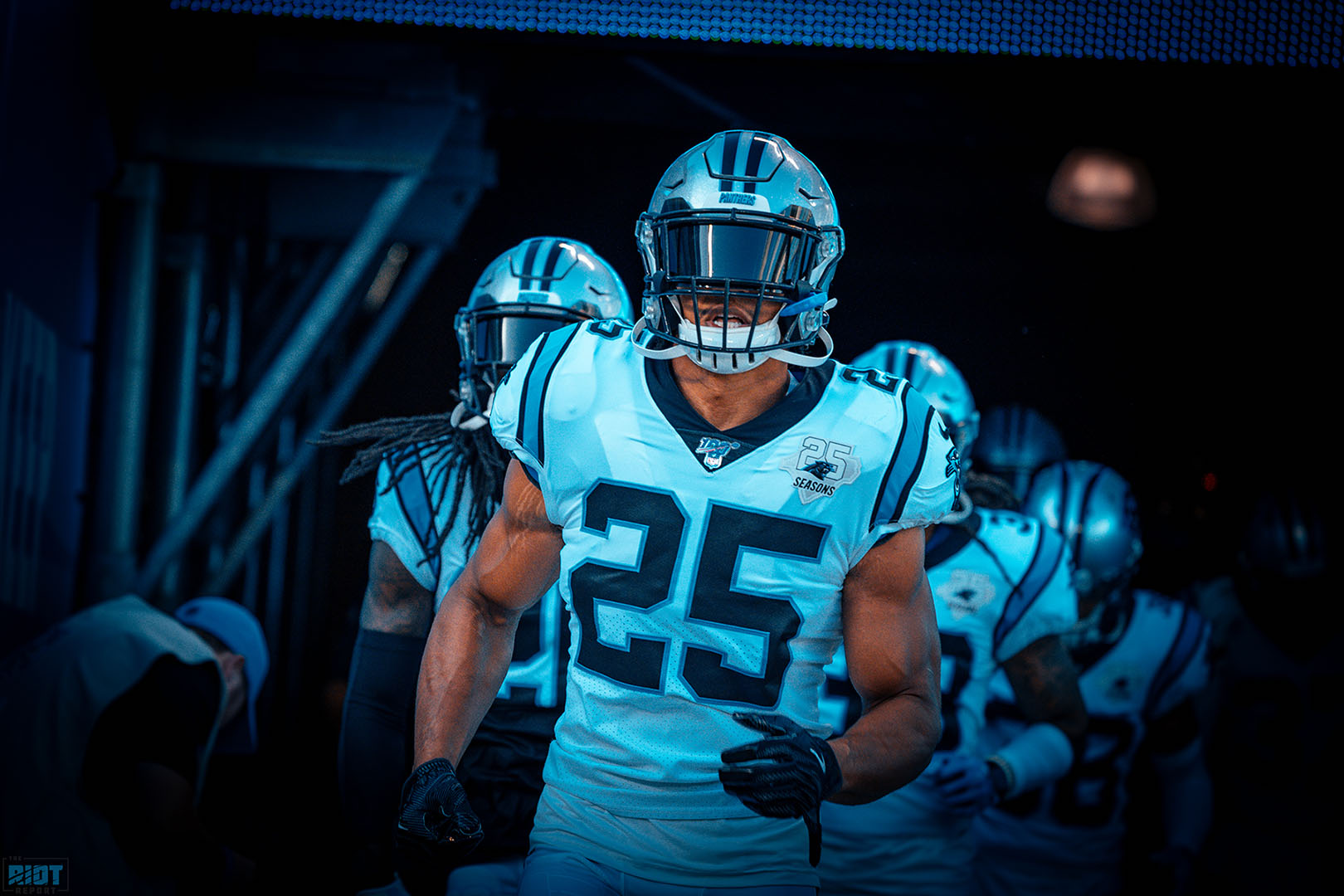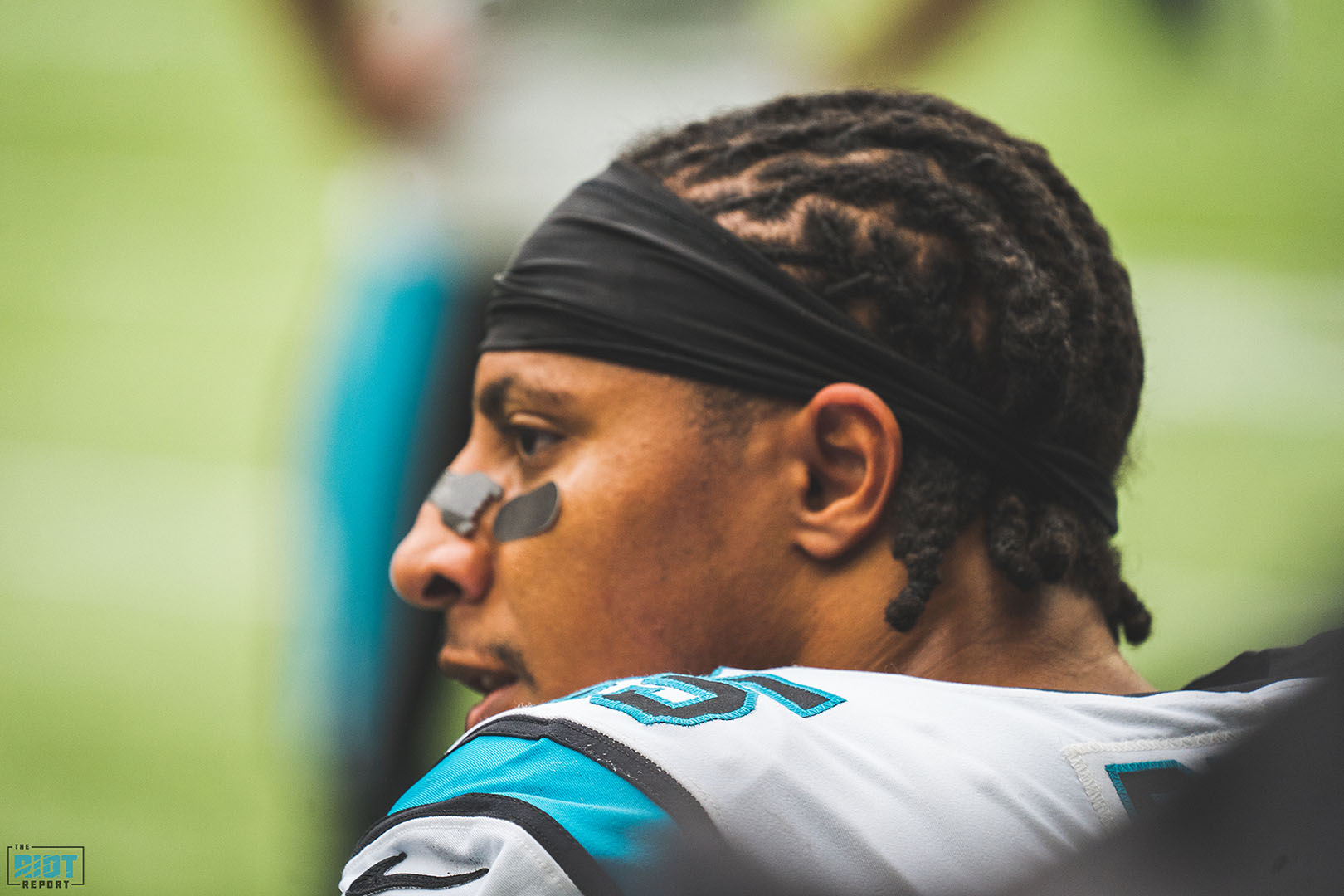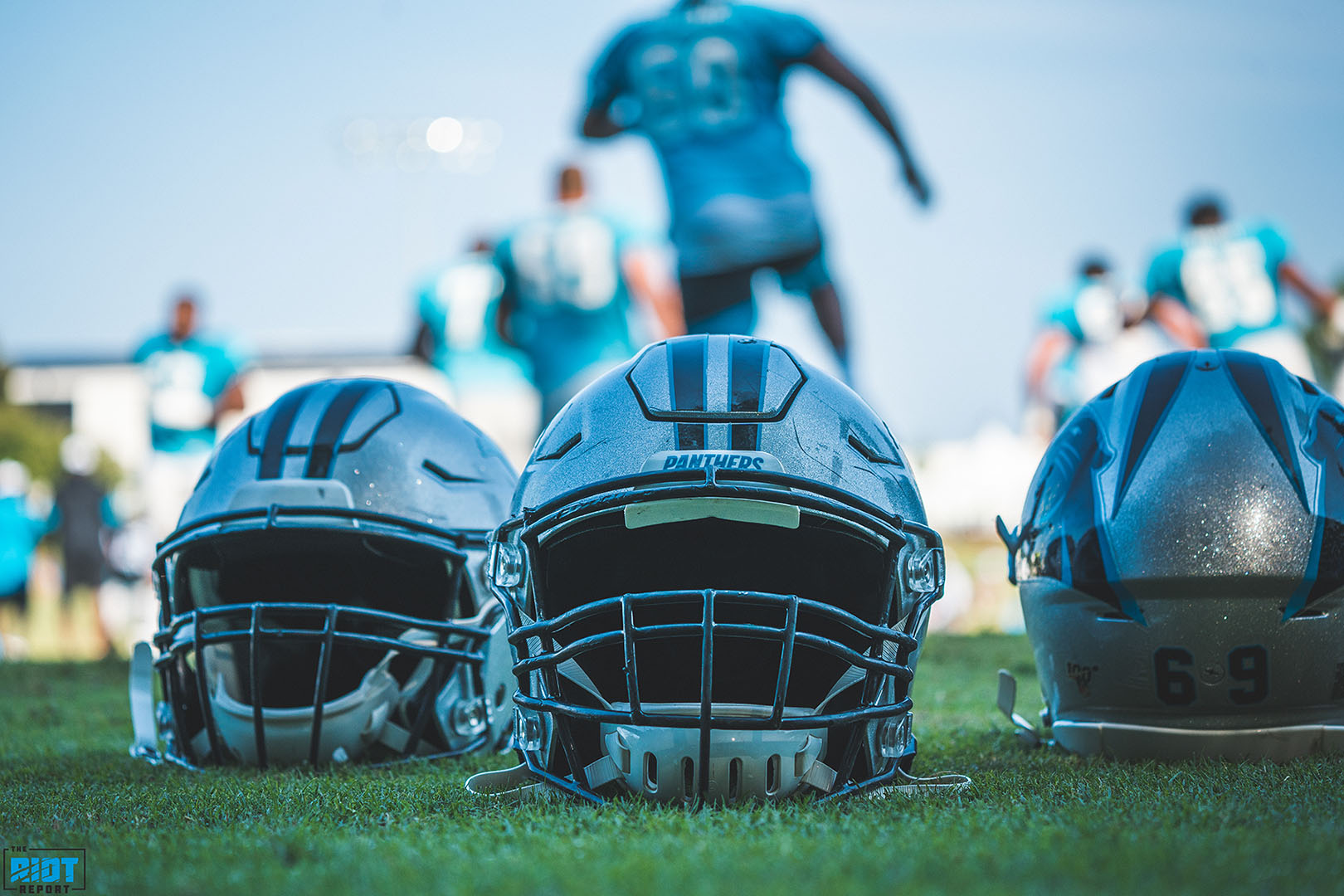The NFLPA voted Saturday to approve a new collective bargaining agreement with NFL owners, which will lead to a 17-game regular season as soon as 2021, a new playoff structure beginning in the 2020 season and a host of other new clauses, including higher minimum salaries, expanded rosters and practice squads, and changes to the league’s discipline policies, all of which will go into effect this season. Perhaps most importantly, it raises the players’ share of league revenue from 47% to 48% in 2021 and, in seasons which have 17 regular season games, to at least 48.5% and as high as 48.8%.
Some highlighted changes in the new agreement:
-
- The playoff format will change, with 14 teams reaching the postseason rather than 12. Byes in the first round will only be earned by the team with the best record in each conference as opposed to the two teams that have had a week off in the past – the additional team in each conference will be a third wild card team, adding an additional game on the opening weekend of the playoffs.
- The 17-game regular season can begin as soon as 2021, with the amount of preseason games changing from four to three – owners have a window from 2021 to 2023 to make this change.
- Roster sizes will be increasing from 53 to 55 – practice squads will also increase to eventually hold 14 players and salaries will be raised for those players by almost 50% – teams can also elevate players to the active roster and then send them back to the practice squad without exposing them to waivers, as had been the case in the past. Teams will have more flexibility in managing their rosters and, theoretically, will offer more opportunity for practice-squad players to earn higher salaries on the active roster.
- There will be significantly less testing for marijuana – testing will be limited to only a two week period, with a much higher amount allowed and no suspensions for players who test positive.
- One of the main reasons the new CBA passed, by a close vote of 1,019 to 959 despite vocal opposition from some of the biggest players in the NFL, was a raise to the minimum salary of at least 20%, a jump in the performance-based pay pool – Kyle Allen and Dennis Daley were in the top tier of players receiving additional salary in 2019 – and a change to the rookie pay scale, including the way that fifth-year options work. With about 60% of NFL players earning the minimum salary, that 20% bump will affect a lot of players.
A primary reason NFL players are expected to ratify the proposed CBA: Nearly 60% of league makes minimum base salaries, which would spike immediately by over 20% and eclipse $1 million for all players by 2029. From term sheet NFLPA sent to agents (in 1000s, by credited seasons): pic.twitter.com/kRbLlzqGjO
— Tom Pelissero (@TomPelissero) February 27, 2020
While the new deal has some improvements for players, owners likely received the better end of the deal – the lightening of the loads during training camp and practice and the removal of a preseason game that most players who make the active roster wouldn’t normally participate in likely doesn’t outweigh the possible danger of competing in a 17th game and the additional revenue from that 17th game, not to mention a playoff game that will inevitably be one of the most highly-rated programs of the year, must have had the owners salivating at the projected numbers.
“We understand that not all deals are perfect, and we don’t take the gains we wanted, but couldn’t get, lightly,” new NFLPA President JC Tretter said in a statement. “We now must unite and move forward as a union.”
How the 17th game will be scheduled is still unclear, but Packers president Mark Murphy said last month that the plan will likely have all teams in each conference play nine home games, with the opposite conference getting the extra home contest the next season. In addition, the team with one fewer home regular season game would have two home preseason games and only one on the road.
The deal also limits the number of international games the league can hold to 10 in any season through 2025.

Panthers safety Eric Reid has been among those vehemently against the agreement, asking lawyers Ben Meiselas and Mark Geragos to review the CBA and publishing a memo from the attorneys, which states the agreements guts benefits for former players and “disproportionately enriches ownership.”
“The biggest issue is that there are both moral and economic issues,” Reid told Chuck Modiano last week. “Let me speak to some moral issues first. There is a group of our current membership that will, down the road, depend on disability benefits. We don’t know who that will be, but it will happen to some of us. We don’t know who will be injured, but we know if that player is a minimum-salary player, they are more likely to suffer a disabling injury, more likely to require disability benefits.
And we know that the benefits will be a large and meaningful portion of their family economics when they do receive them. A top-earning player is less likely to apply for these benefits, go through the red tape, because the benefits are four figures per month. The proposal guts those future benefits that are designed as a safety net for current members who become our most vulnerable.”
For all the players who haven’t voted on the 10 year CBA, read this memo on why you should VOTE NO TODAY ⬇️ voting ends tonight pic.twitter.com/WrUXVJ858J
— Eric Reid (@E_Reid35) March 14, 2020
“Secondly, this proposal – for very little economic savings – takes from our current disabled retirees who have already gone through the rigorous system and been awarded thousands of dollars per month in benefits. Right now there are disabled players who depend on these checks to support themselves and their families.
The proposal specifically and drastically reduces the monthly check that current disabled players are receiving. I can’t imagine any offset that would justify taking from our current disabled retirees, and a 48 to 52 percent economic split the other way, isn’t enough to look the other way on this moral issue.”

Tackle Russell Okung, a former executive council member and a vocal opponent of the deal, whom the Panthers traded for a few weeks ago, has alleged unfair labor practices charge with the National Labor Relations Board, alleging that NFLPA executive director DeMaurice Smith illegally negotiated the deal and impeded debate on the issue.
That complaint is still pending.
The NFL and NFLPA currently debating whether to start the league’s new year on time – the league year, along with the free agency period, is scheduled to open on Wednesday after a 48-hour ‘tampering period’ which is set to begin Monday – as the world is affected by the spread of the COVID-19 virus. But with a new CBA in place through the 2030 season, the Panthers can now continue to look forward to the 2020 season:
- When the Panther officially decline the option on defensive tackle Dontari Poe – which will give them $9.8m of additional cap space in 2020 and a $3.3m dead cap hit – and the league salary cap set to be $198.2m, the Panthers will have just over $29m in cap space, according to Spotrac. They’ll have over $40m in dead cap in 2020 – that’s the most in the NFL. They’ll need to fill holes in the lineup left from players like James Bradberry, Tre Boston, Greg Van Roten and Mario Addison, all of whom – among others – are expected to at least test the market in free agency. There are still moves that can be made – such as releasing players like Graham Gano or Mike Davis – to free up more room, but as of now, three quarters of the league will have more cap space this season than the Panthers when free agency opens. The Panthers also must earmark about $9m for their 2020 draft class.
Coach @SeanPayton joined @BritneyEurton at Oaklawn Park to talk about how Coronavirus could impact free agency in the NFL as well as the upcoming draft.@FanDuel pic.twitter.com/tUSf4K3GIv
— TVG (@TVG) March 14, 2020
- With the Panthers hiring a new coaching staff, they’re permitted to begin offseason workout programs as early as April 6th, but that date could be in danger because of the COVID-19 virus, which has caused the Panthers to alter their scouting schedule for the upcoming draft. In addition to asking their staff to work from home, the Panthers will have “limited travel for Panthers coaches and scouts until further notice” and “continue to closely monitor developments and remain in contact with local health officials.” The NFL has prohibited all in-person draft visits with prospects as of Friday and changes to the league year schedule may be upcoming. The NBA, NHL, MLS and other sporting leagues have already suspended their seasons in light of the global pandemic.
- The new CBA makes changes to the fifth-year option for players drafted in 2018 and beyond, so the Panthers have until May 30th to decide whether they’ll be picking up the fifth-year option on 2017 first-rounder Christian McCaffrey, whose salary would be equal to the transition tag – which is less than the franchise tag – in 2021. The transition tag amount is equal to the average salary of the top-10 players in the league at the player’s position, or a 20% salary increase, whichever is higher. McCaffrey’s camp will likely be pushing for an extension before that option comes to fruition after McCaffrey had one of the best seasons ever for a running back in 2019, producing only the third 1,000/1,000 season in NFL history, scoring 19 total touchdowns and being named a First Team All-Pro at two positions.

- DJ Moore, the Panthers’ first round pick in 2018, will not qualify for the change in the new CBA – for first-round picks who make it to the Pro Bowl twice in their first three seasons, the amount of the fifth-year option would spike to a salary equal to the franchise tag in their fifth year. However, Moore was not named to the Pro Bowl in 2019 despite having his best season as a pro, totaling 1,175 yards on 83 receptions. Under the new CBA, if a team exercises the fifth-year option on its first-round pick, that option is fully guaranteed – the Panthers will make that determination on Moore during next year’s offseason.


